Exploring the Role of Cultural Traditions in Education
22 April 2025
Education isn't just about textbooks, exams, and classrooms. It’s a deeply rooted system shaped by history, values, and traditions. One of the most significant influences on education is culture—specifically, cultural traditions. These customs, passed down through generations, play a crucial role in shaping learning experiences, teaching methods, and even students’ perspectives on knowledge.
So, how exactly do cultural traditions impact education? Let’s dive in and explore the profound relationship between culture and learning. 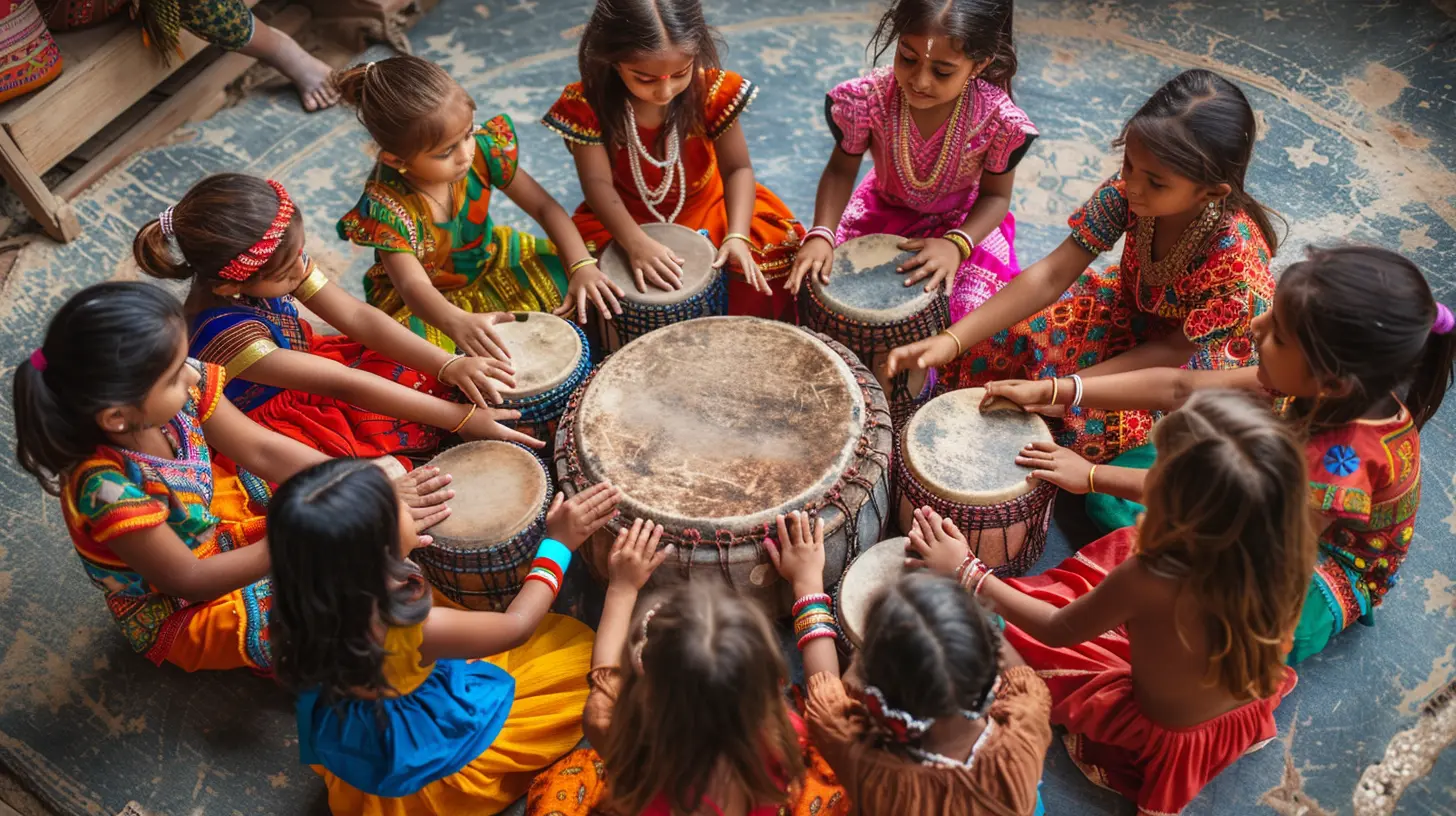
The Connection Between Culture and Education
Culture and education have always been intertwined. Every society has its own way of passing down knowledge, whether through storytelling, rituals, or formal schooling. Traditions define how children are taught, what subjects are prioritized, and even how respect for teachers and elders is instilled.For example, in many Asian cultures, respect for elders and teachers is a fundamental value. This cultural emphasis on hierarchy and discipline influences the education system, leading to highly structured and teacher-centered learning environments. On the other hand, Western education often encourages critical thinking and questioning, reflecting a culture that values individuality and free thought.
Without cultural traditions, education wouldn’t have a strong foundation—it would be like a house without a blueprint. 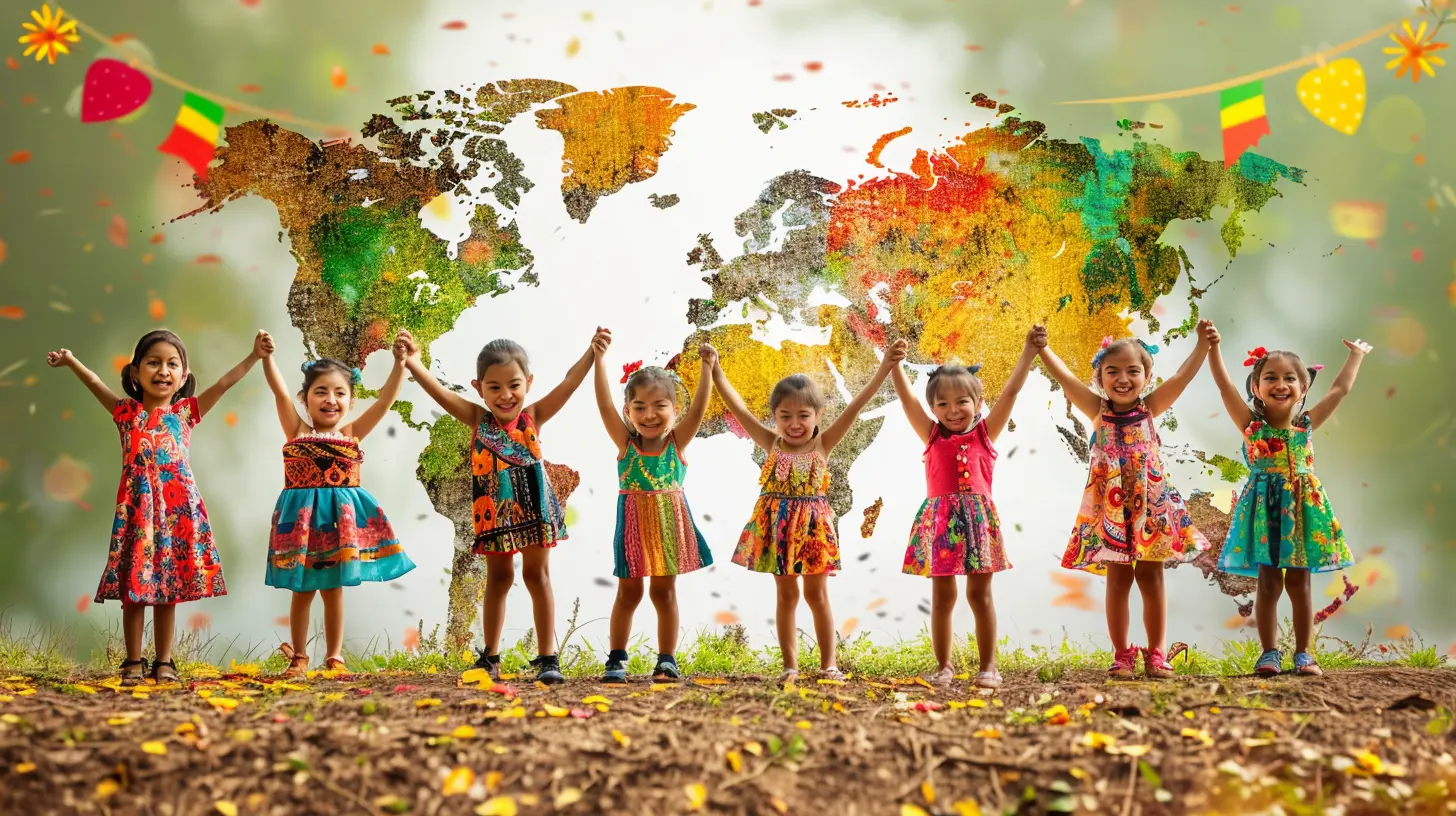
How Cultural Traditions Shape Learning Methods
1. Oral Traditions and Storytelling
Long before written language, knowledge was passed down through storytelling. Many indigenous communities still rely on oral traditions to educate younger generations. These stories aren’t just entertainment; they contain life lessons, moral values, and historical accounts.For example, African and Native American cultures use folklore to teach children about their heritage, community values, and survival skills. This method helps students remember information better and keeps traditions alive.
2. Community-Based Learning
In some cultures, education isn’t confined to classrooms. Instead, it takes place within the community, where elders, family members, and local artisans play a role in teaching children valuable skills.Take Japan, for instance. The concept of "uchi" (inner circle) and "soto" (outer circle) emphasizes community involvement. Schools work closely with families to ensure that moral and social education is as important as academic learning. This fosters a strong sense of responsibility and cooperation.
3. Apprenticeship and Hands-On Learning
Many traditional education systems focus on learning by doing. In cultures with strong craftsmanship traditions, apprenticeship has been a key method of passing down knowledge.For example, in India, the ancient "Gurukul" system emphasized practical learning. Students (shishyas) lived with their teachers (gurus) and learned through hands-on experience rather than memorization. This immersive approach ensured deep understanding and mastery of skills.
4. Religious and Moral Education
Religion plays a significant role in education in many parts of the world. Schools associated with religious institutions often incorporate faith-based teachings alongside academic subjects.For example, in Islamic cultures, madrassas provide religious and secular education, ensuring that students learn both spiritual values and practical knowledge. Similarly, Christian missionary schools across the globe have played a major role in shaping modern education systems. 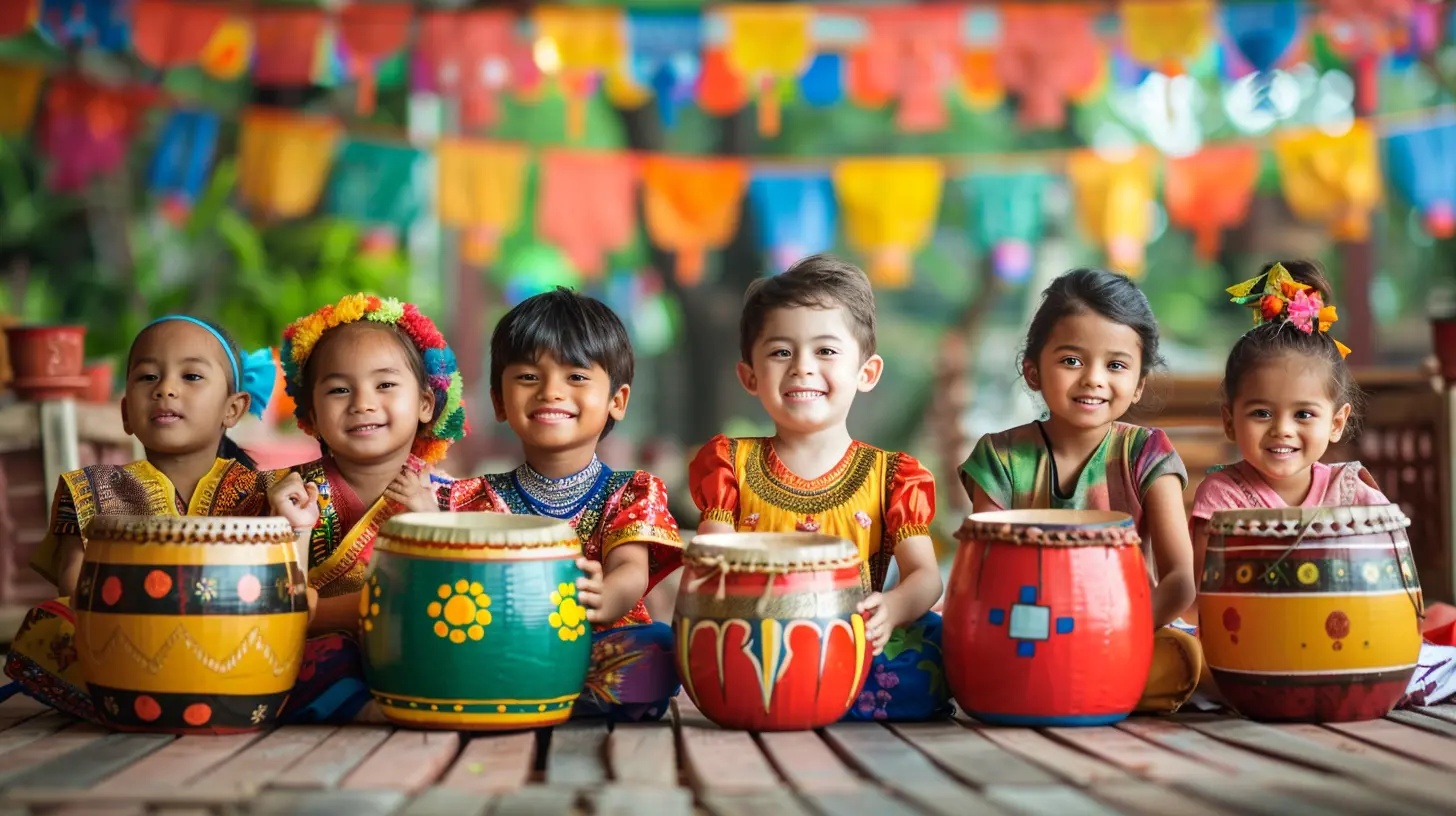
The Influence of Cultural Values on Education
Culture doesn’t just affect how we learn—it also shapes what we value in education. Let’s look at some key cultural influences on education systems worldwide.1. Emphasis on Discipline vs. Creativity
Some cultures prioritize discipline and respect for authority in education, while others focus on creativity and independent thinking.- In Confucian-influenced societies (China, Korea, Japan), students are expected to be obedient, diligent, and respectful towards teachers. Memorization and academic excellence are highly valued.
- In Scandinavian countries (Sweden, Finland, Denmark), education emphasizes creativity, problem-solving, and student autonomy. Teachers act as facilitators, encouraging self-expression and critical thinking.
2. Role of Family in Education
In many cultures, family plays an active role in a child’s education.- In Latin American and South Asian cultures, education is often seen as a collective effort, with parents, extended family, and even neighbors supporting a student’s learning journey.
- In Western societies, individualism is emphasized, and students are encouraged to take personal responsibility for their education.
Both approaches have their strengths, but they highlight how cultural traditions shape expectations around education.
3. Gender Roles in Education
Cultural traditions also influence gender expectations in education.- In some cultures, boys and girls are encouraged to pursue different fields of study based on traditional gender roles.
- Increasingly, societies are challenging these norms, promoting gender equality in education. However, traditions still play a role in shaping attitudes toward subjects like science, technology, engineering, and mathematics (STEM). 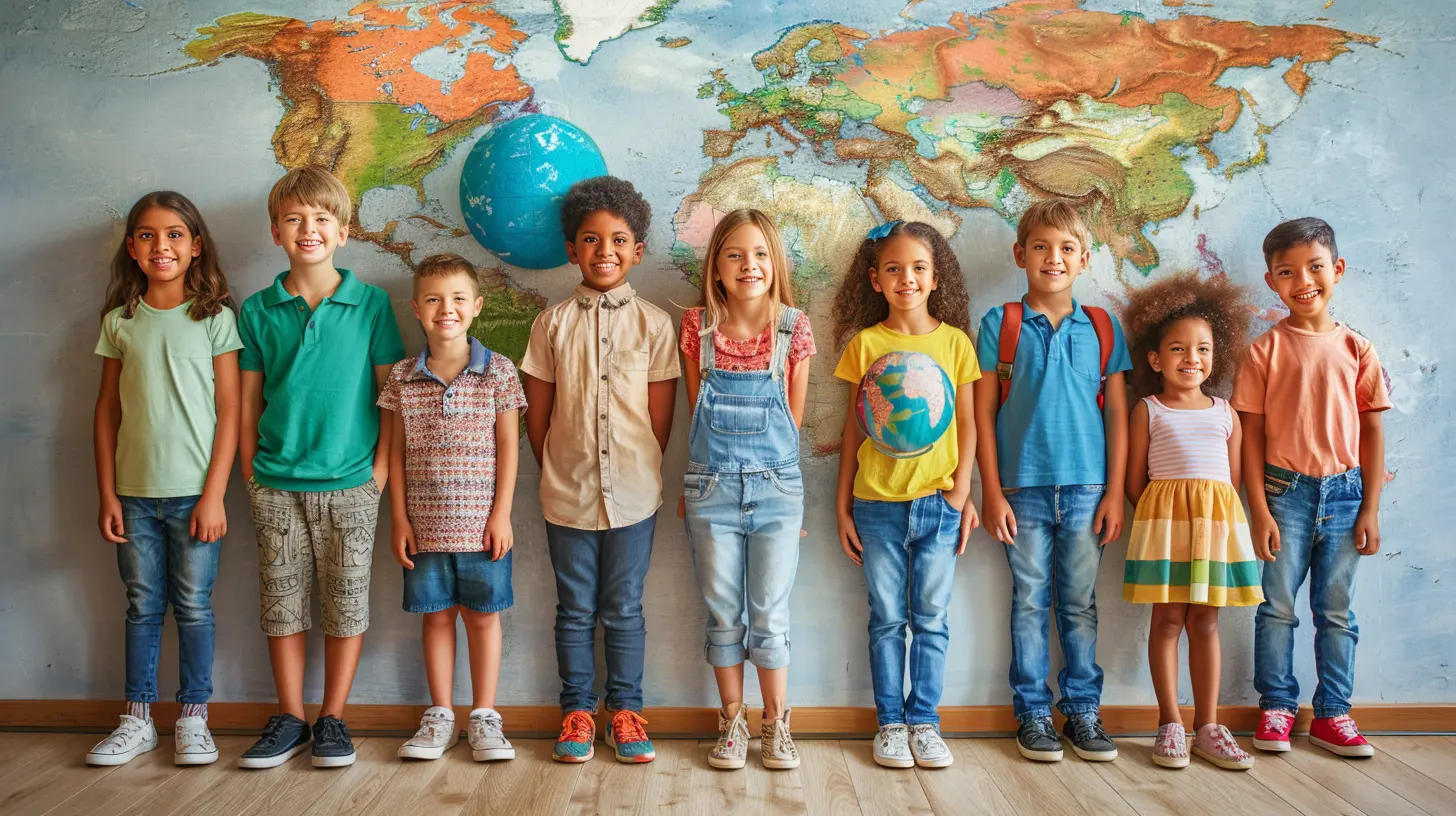
Challenges and Benefits of Cultural Traditions in Education
The Benefits
Cultural traditions provide stability, values, and a sense of identity in education. They help students understand their heritage, connect with their roots, and develop a deeper appreciation for diversity.Some key benefits include:
✔ Preservation of heritage – Education becomes a means of keeping traditions alive.
✔ Moral and ethical development – Cultural teachings instill values such as respect, honesty, and responsibility.
✔ Stronger community bonds – Learning within cultural contexts fosters a sense of belonging.
The Challenges
While cultural traditions enrich education, they can also create barriers.❌ Resistance to change – Some cultures may resist modern teaching methods in favor of traditional approaches, limiting innovation.
❌ Gender and social inequalities – In some societies, cultural norms restrict access to education for certain groups.
❌ Balancing tradition and progress – Educators must find ways to honor cultural heritage while adapting to evolving educational needs.
Finding a balance between tradition and modernity is key to creating an inclusive, forward-thinking education system.
Conclusion: Blending Tradition with Modern Education
Cultural traditions are the backbone of education. They shape how we learn, what we value, and how we pass knowledge from one generation to the next. While traditions provide invaluable lessons, education must also evolve to meet the demands of a changing world.The best approach? A blend of tradition and innovation—honoring cultural roots while embracing modern teaching strategies. By doing so, we can create an education system that respects the past while preparing students for a brighter future.
Education isn’t just about learning facts; it’s about understanding where we come from and where we’re going. And cultural traditions will always be a part of that journey.
all images in this post were generated using AI tools
Category:
Cultural AwarenessAuthor:

Olivia Chapman
Discussion
rate this article
7 comments
Raine Jennings
“Cultural traditions in education? Absolutely! But let’s not pretend they’re all sunshine and rainbows. Some customs need a makeover before they can truly elevate the learning experience. Let’s keep it real!”
May 13, 2025 at 9:06 PM

Olivia Chapman
Absolutely! Acknowledging both the strengths and weaknesses of cultural traditions is vital for enhancing the educational experience. Real progress requires critical reflection and adaptation.
George Jones
Cultural traditions shape educational landscapes, influencing values and learning styles. Embracing these diverse narratives not only enriches curricula but fosters empathy, critical thinking, and a deeper understanding of our interconnected world.
April 30, 2025 at 6:21 PM

Olivia Chapman
Thank you for your insightful comment! I completely agree—integrating cultural traditions into education not only enhances learning but also promotes empathy and a broader perspective on our global community.
Zephyrae McLoughlin
Who knew learning could be as colorful as a piñata? Let’s celebrate cultural traditions in education—where every lesson is a fiesta and every student is a dancing maraca!
April 27, 2025 at 4:17 AM

Olivia Chapman
Absolutely! Celebrating cultural traditions makes learning vibrant and engaging, enriching every student's experience and fostering inclusivity. Let’s keep the fiesta going!
Julia Sharp
Cultural traditions are essential; they enrich education and foster true understanding in diverse classrooms.
April 26, 2025 at 7:53 PM

Olivia Chapman
Thank you for your insightful comment! I completely agree that cultural traditions play a vital role in enriching education and promoting understanding in diverse classrooms.
Helen Jacobs
Traditions shape learning perspectives.
April 26, 2025 at 11:19 AM

Olivia Chapman
Absolutely! Traditions influence how we perceive and engage with learning, providing context and meaning that enrich educational experiences.
Juno McLaughlin
Cultural traditions enrich education by fostering identity, respect, and understanding. Embracing diverse perspectives not only enhances learning but also prepares students to thrive in a multicultural world, cultivating empathy and global citizenship.
April 23, 2025 at 3:03 AM

Olivia Chapman
Thank you for highlighting the vital role of cultural traditions in education! Embracing diversity truly enhances learning and prepares students for a global society.
Paula Gutierrez
This article beautifully highlights the importance of integrating cultural traditions into education for a richer learning experience.
April 22, 2025 at 6:26 PM

Olivia Chapman
Thank you! I'm glad you found the article impactful in emphasizing the importance of cultural traditions in education.
MORE POSTS
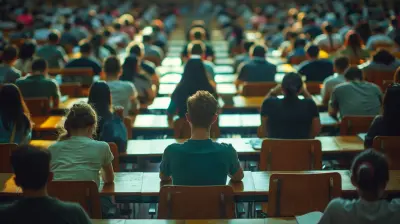
Common Test-Taking Mistakes and How to Avoid Them

How to Prepare for a Differentiated Classroom: A Teacher’s Guide

The Benefits of Active Parent Participation in School Projects

The Role of Physical Exercise in Enhancing Cognitive Performance

The Role of Mind Mapping in Active Learning

Building Digital Literacy Through Virtual Classrooms